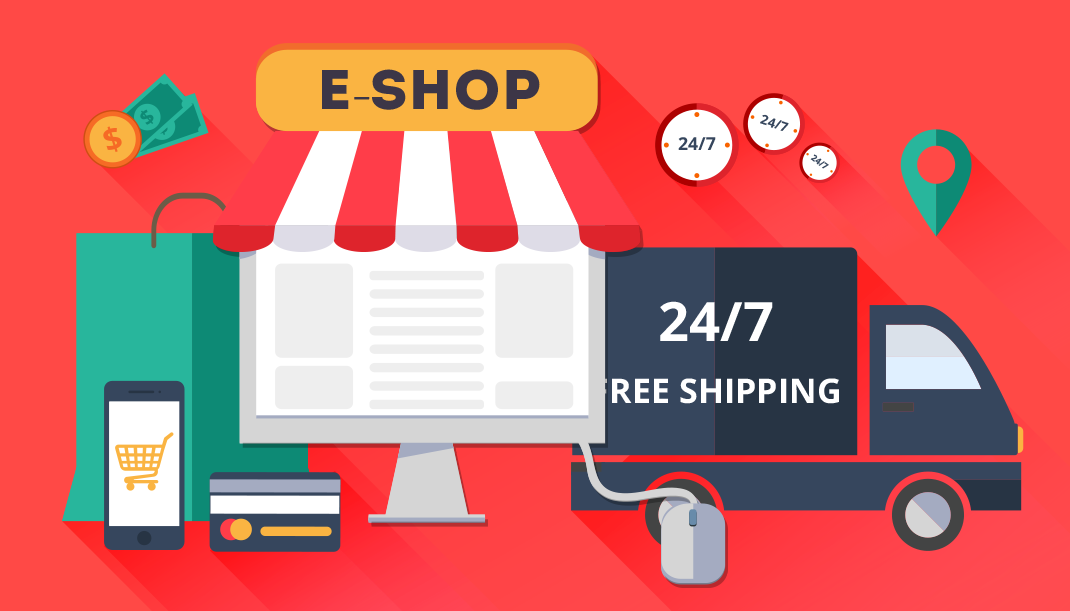Judging from the impressive blitz of ecommerce marketing news from online sites such as the Marketing Digest (@mktgdigest), you’d realize that electronic commerce, also known as e-commerce, has been slowly enriching the whole landscape of online shopping. Convenience, through fast service and smooth user experience, drive the direction of e-commerce, where technology is able to cater to every possible push to blend the advantages of traditional and online shopping.

It is impossible to keep pace with the competition without integrating the latest e-commerce functionalities. The social media is expected to put in new apps for purchases, and Twitter has begun putting in the “Buy” button in its sites. In 2015, consumers can expect outstanding improvements with new strategies being planned for faster and more efficient delivery services by companies, following Amazon’s impressively controversial (but speedier) delivery drones, already in the works.
Smartphones and tablets lead the way in mobile software design and development. Digital marketing strategists working to optimize business websites and social media platforms for mobile users, continue to engage with software developers to advance security and more protection for those who use their mobile devices to shop.
Businesses are fortunate to see a timely and growing industry that markets efficient software designed for the ecommerce platform. BusinessNewsDaily.com (@BNDarticles) has selected some of the most outstanding software programs on the market; below are some of them:
Shopify tops the list, being a complete software package that allows website owners to launch and manage their own ecommerce business. Given its impressive functions that include just about everything users would need to run their business—Web host, website builder, back-end functionality, customer relationship management (CRM), including payment processing—Shopify is strikingly easy to use.
For a more personalized e-commerce webpage, Magento software allows customization on any of the pages on one’s site. This also permits companies to manage a number of online stores through a single dashboard. WooCommerce software converts a user’s blog site (WordPress platform) into an online store, through the software’s shopping cart plugin. This software also offers customization options from its wide range of themes, extensions, and plugins.
The possibilities of e-commerce is endless and keeping up with the trends will help you stay on the cutting edge of a rapidly evolving technology. Stay ahead by reading the latest ecommerce marketing insights from reliable online marketing sources, such as the Marketing Digest.
Megan Pearson
Latest posts by Megan Pearson (see all)
- Professional Web Design Insights for Startup Companies on a Budget - November 2, 2015
- Content Marketing News Present Insights for Using Videos Effectively - October 27, 2015
- Improving Conversion Rates with Insights from Ecommerce Marketing News - October 26, 2015

